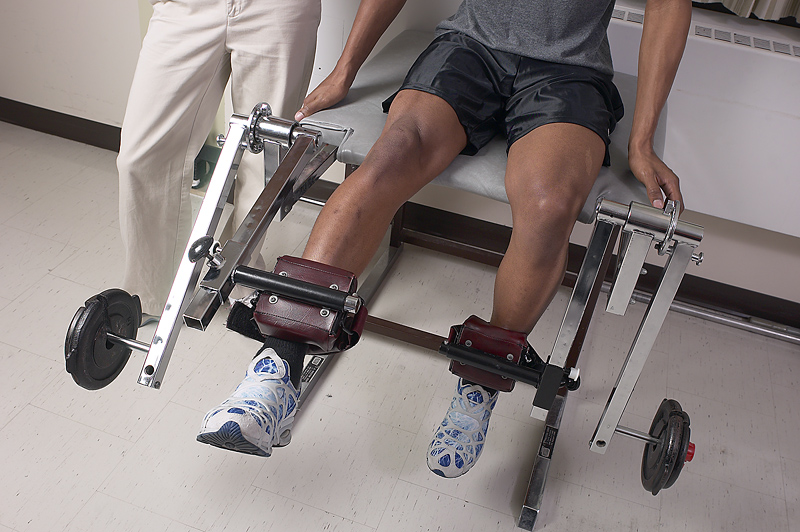
MONDAY, July 23 (HealthDay News) — People who have total hip or knee replacement surgery are about 30 times more likely to have a heart attack in the two weeks after the procedure, a new study finds.
Both surgeries are common treatments for arthritic hips and knees, with almost 2 million done around the world each year, the researchers noted.
“This study confirms the increased cardiac risk in the period following total hip and knee replacement,” said lead researcher Dr. Arief Lalmohamed, from Utrecht University in the Netherlands. “Risk assessment and preoperative use of cardiovascular drugs may be necessary to reduce the risk of heart attack.”
The effects of the operation are likely responsible for the increased risk of heart attack, Lalmohamed added. While the study showed an association between the two events, it did not prove a cause-and-effect relationship.
These side effects of surgery include the aftereffects of anesthesia on the cardiovascular system, blood loss, arrhythmias (irregular heartbeat) and lack of oxygen, all of which are known to increase risk of heart attacks, he said.
“In addition, the period before surgery itself is a very stressful time for the patient, even thinking about surgery increases cardiac risk,” Lalmohamed said.
The report was published online July 23 in the Archives of Internal Medicine.
For the study, Lalmohamed’s team used Danish registries to estimate the risk of heart attack after these operations.
In total, the researchers had data on more than 95,000 patients who underwent total hip or knee replacement surgery between January 1998 and December 2007.
The investigators compared the heart attack risk in these patients to more than 286,000 similar patients who didn’t have surgery.
During the first two weeks after surgery, the risk for a heart attack was increased 25-fold for total hip replacement patients and 31-fold for total knee replacement patients, the study authors found.
The risk decreased rapidly after that, the researchers noted.
Six weeks after surgery, the absolute risk of a heart attack had dropped to 0.51 percent in patients who had a total hip replacement and 0.21 percent for those who had a total knee replacement, the investigators found.
The risk of having a heart attack was highest in those aged 60 and older, particularly patients aged 80 and older, and those who had experienced a heart attack in the six months before surgery. The latter increased the risk fourfold in the six weeks after the procedure, the authors noted.
“There is cardiac risk when a patient has a major operation,” said Dr. Arthur Wallace, chief of the Anesthesia Service Veterans Affairs Medical Center in San Francisco.
“Anesthesiologists, surgeons and hospitalists need to use preoperative cardiac risk reduction to reduce that risk,” added Wallace, who wrote an accompanying journal editorial.
Dr. Gregg Fonarow, a professor of cardiovascular medicine at the University of California, Los Angeles, said that “total hip replacement and total knee replacement are commonly performed surgeries, yet the risk of heart attacks occurring during or in the weeks following surgery have not been well-defined compared to the general population.”
This new study shows the risk of a heart attack after these surgeries is small in absolute terms (one in 200 to one in 500 patients), he said.
“This increased heart attack risk may be lessened by careful preoperative cardiovascular risk assessment, continuation of aspirin, use of statin medications and careful monitoring in the first two to six weeks after orthopedic surgery,” Fonarow said.
More information
For more information on joint replacement, visit the U.S. National Institute of Arthritis and Musculoskeletal and Skin Diseases.

